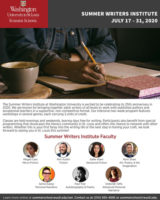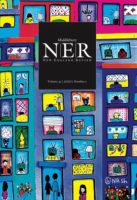The Cloud Upon the Sanctuary is a beautifully written series of letters about the evolution of humankind published in 1793. Karl von Eckartshausen describes the “mystery of the New Man” as the synthesis of an alchemical union between man and spirit, or man and God. This transformative art he explains must occur as the mystery teachings from ancient Greece, through a series of stages. This formula espouses an evolution of knowing thyself outwardly, then inwardly.
Eckartshausen illustrates the formula for the transformative art as one that confers wisdom at successive levels, but not as an undertaking belonging to an elite group. He had envisioned it as a spiritual pursuit that the whole of humankind would enter, not a secret practice known only to men in the lodges and salons of the eighteenth century. Eckartshausen uses biblical symbolism and allegory to express the philosophy of an esoteric spiritual counsel 55 years before the advent of Spiritualism and 102 years before Theosophy. This “interior community of light” in union with humankind, produces the illuminated community. Two archetypes embody the exoteric and the esoteric, the Priest and the Prophet, whose union produces the archetype of the illuminated man.
People are looking towards traditional and alternative forms of spirituality to find inner peace of mind. This is in response to the constraints of shelter orders and social distancing measures in place to cope with the Covid-19 pandemic. Quarantine has stripped away human social interaction, but it also has dissolved our illusions. We’re no longer comfortably numb. When there isn’t anyone to talk to, we listen to the silence and talk to ourselves. What might we learn in the interim?
The Cloud Upon the Sanctuary by Karl von Eckartshausen, edited by Isabel de Steiger. William Rider & Son, Ltd, 1909.
Reviewer bio: Katie Anderson is a historian and writer living in Troy, Missouri. Her work has appeared in Eternal Haunted Summer and The Far Shining One.

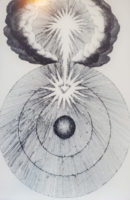
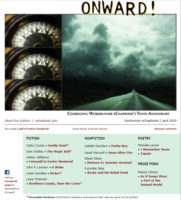
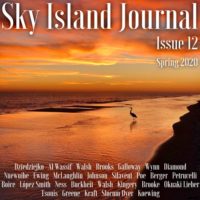
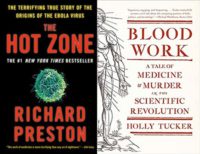
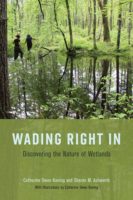
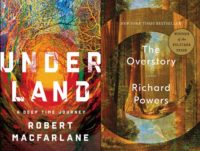
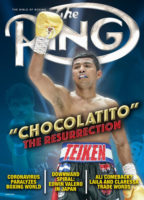
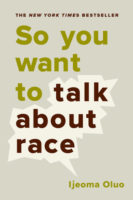
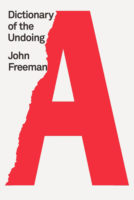
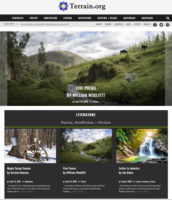
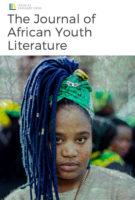
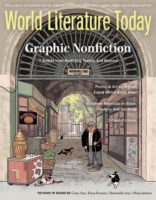
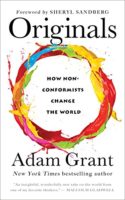
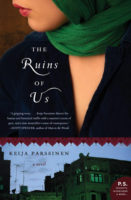
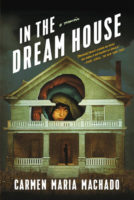

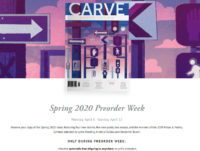

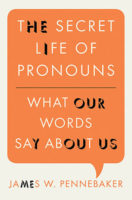
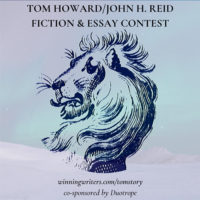
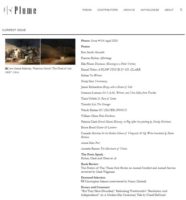
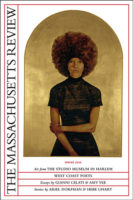
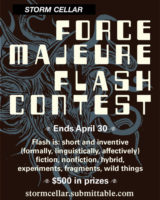
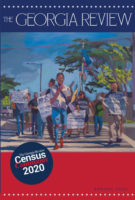
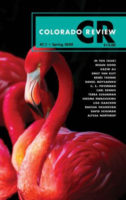
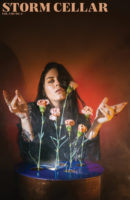
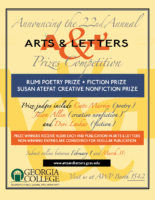
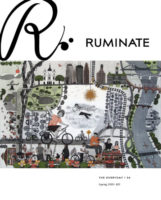 The latest issue of
The latest issue of 